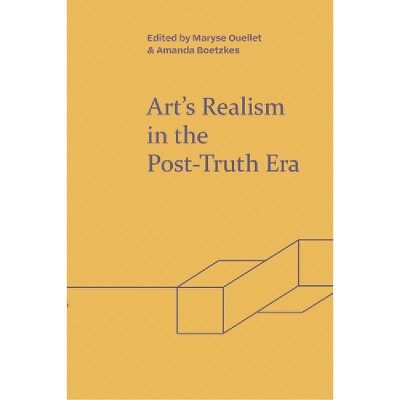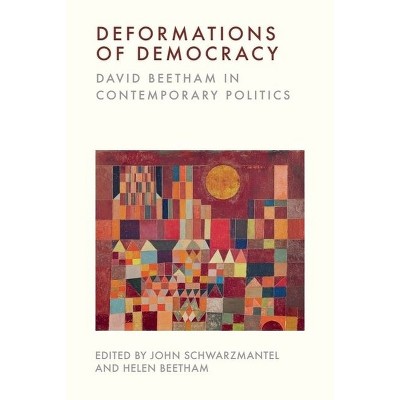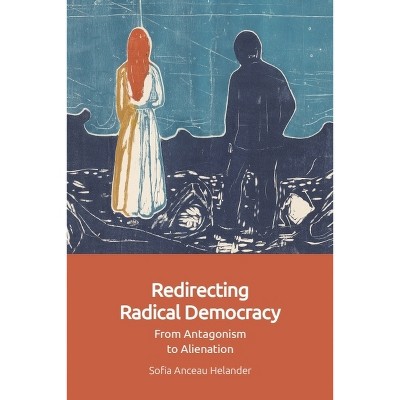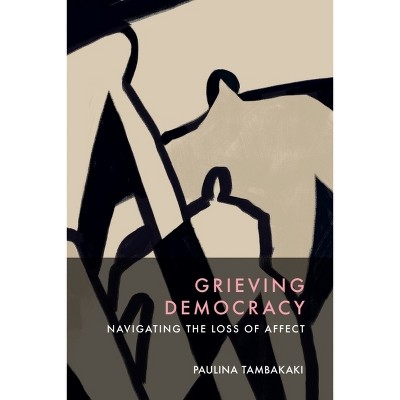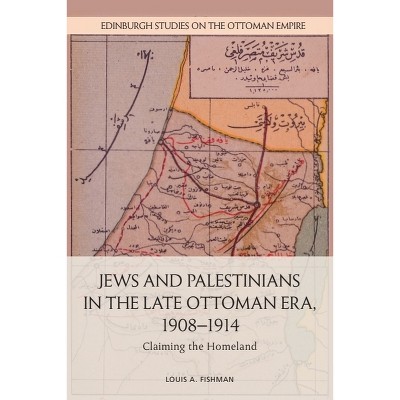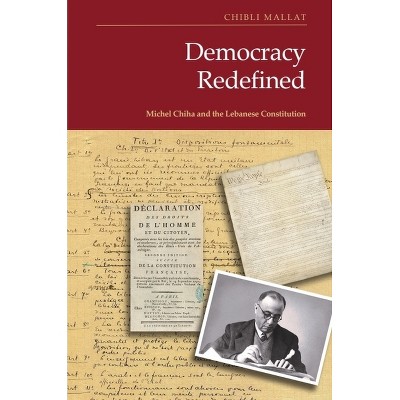About this item
Highlights
- The world of post-truth is a world of intense disinformation, an offensive of pseudoscience and widespread scepticism about expert knowledge.
- About the Author: Nicolaus Copernicus University Janusz Grygieńc is Assistant Professor at the Institute of Philosophy at Nicolaus Copernicus University.
- 192 Pages
- Political Science, Political Ideologies
Description
About the Book
Criticises the carefree optimism of liberal theory towards the problem of expert knowledge
Book Synopsis
The world of post-truth is a world of intense disinformation, an offensive of pseudoscience and widespread scepticism about expert knowledge. It is a world in which the terms of the political game are imposed by illiberal democrats who undermine the authority of scientific institutions. The liberal-democratic politicians have had to take up the gauntlet thrown down to them in this way. However, according to the book's author, they have not been followed by liberal theorists. Liberal theorists have never attempted to confront the pessimistic vision of a world in which citizens cannot distinguish expert from pseudo-expert and science from pseudo-science. The dominant liberal theories are based on the assumption that citizens are either competent to participate in major political decisions or that they can easily acquire such competence. The book strikingly explores a very different perspective. How would the theory and practice of liberal democracy have to change if we assume that laypersons will never appreciate the relevance of the arguments put forward by experts?
From the Back Cover
Debates whether liberal democracy can convincingly respond to the widespread crisis of faith in expertise We are facing a crisis of trust in expertise today. Fewer and fewer people trust experts, and more and more politicians openly ignore expert consensus. Democracy in the Post-Truth Era asks what might happen to democracy if we reject the fundamental liberal assumption that people are capable of making informed choices. The book explores the potential impact on society if people, including politicians, never appreciate the relevance of expert opinions. What if people cannot choose between supporters and opponents of key issues such as the causes of climate change, the effectiveness of vaccines and ways of combating economic and social crises? Applying social epistemology to these questions, the book considers whether democracy can be defended in the post-truth era. Janusz Grygieńc is Associate professor for political philosophy at the Nicolaus Copernicus University in Toruń, Poland.Review Quotes
Grygieńc has made an important contribution to the literature on democracy and expertise, with a realistic appraisal of the proposed political structures offered as solutions to the problem, and a deep understanding of the issues in political theory that are raised by these proposals--particularly the prospect of a de facto slide into epistocracy.
--Stephen Turner, University of South FloridaAbout the Author
Nicolaus Copernicus University
Janusz Grygieńc is Assistant Professor at the Institute of Philosophy at Nicolaus Copernicus University. He has published one monograph in English - General Will in Political Philosophy (Imprint Academic, 2013) and two in Polish - Democracy at the Crossroads (Universitas, Kraków 2017) and Thomas Hill Green: From Epistemology to Political Philosophy (Europejskie Centrum Edukacyjne, 2009). He has also co-edited three edited collections in Polish - New Liberalism: A Reader (Wydawnictwo Naukowe UMK, 2016), Quentin Skinner (Wydawnictwo Naukowe UMK, 2016) and Horizons of Constructivism (Wydawnictwo Naukowe UMK, 2015).







